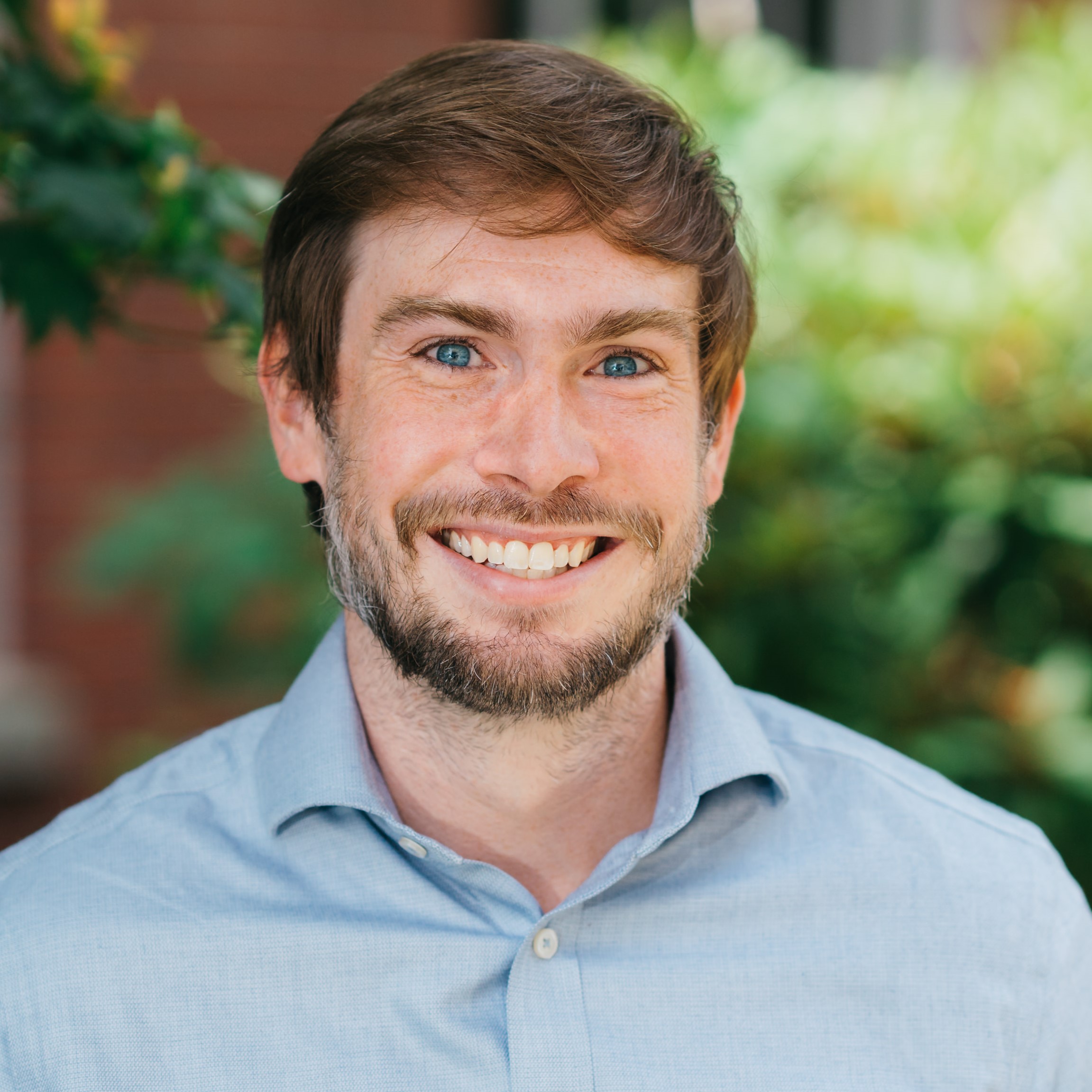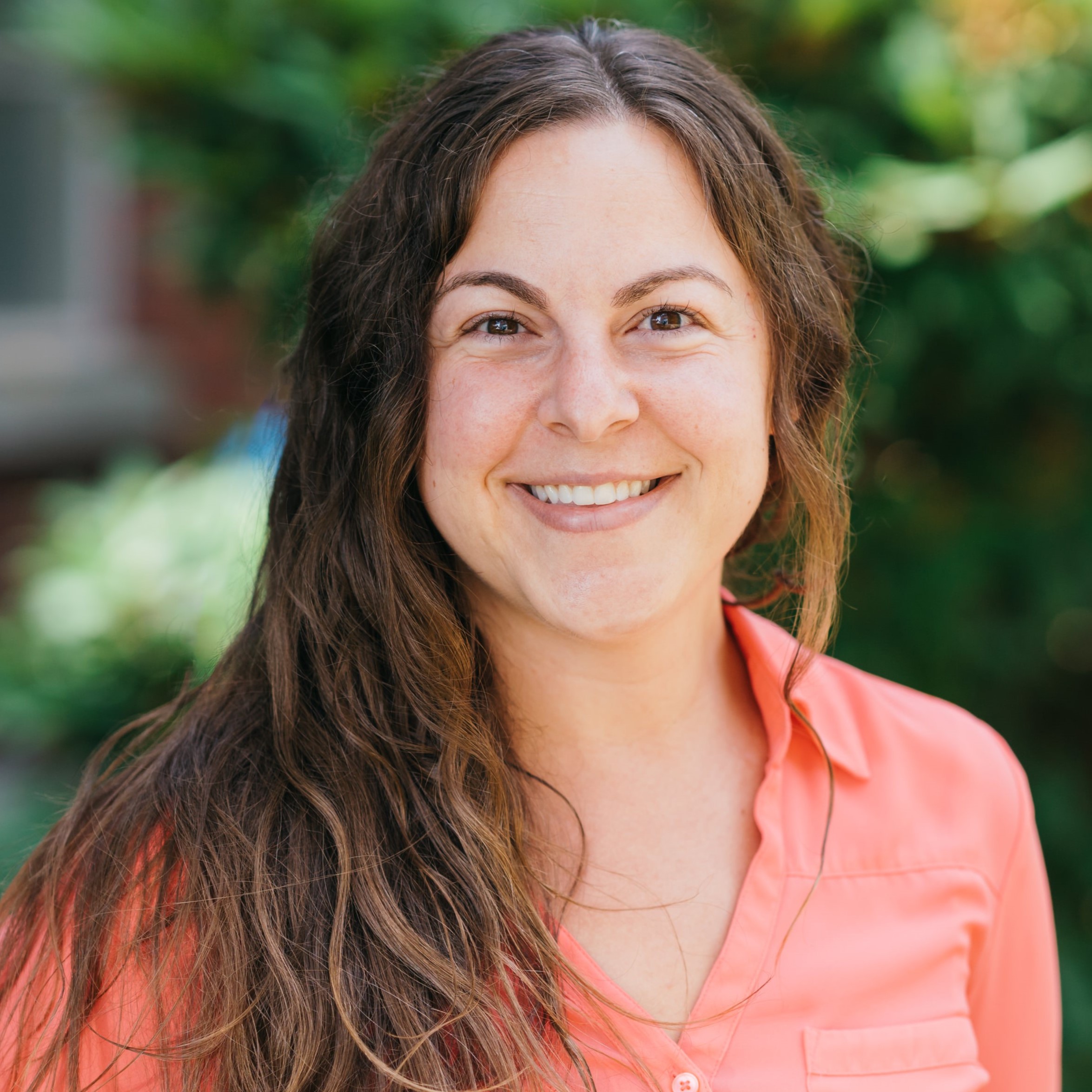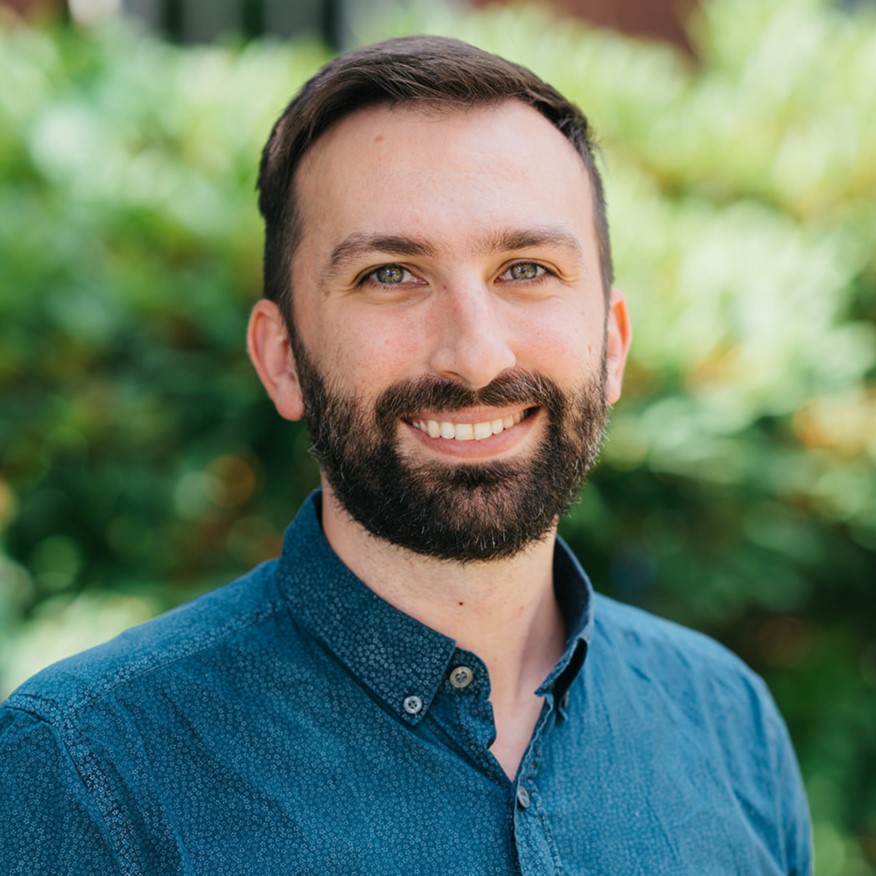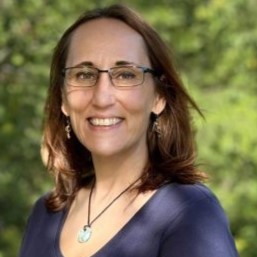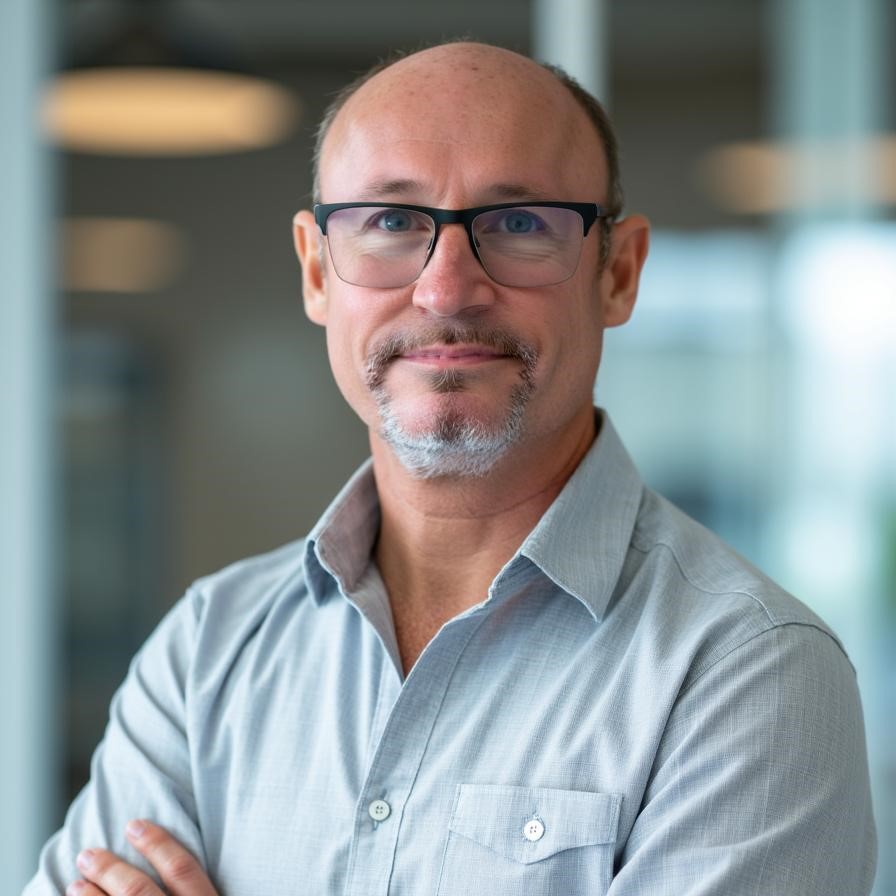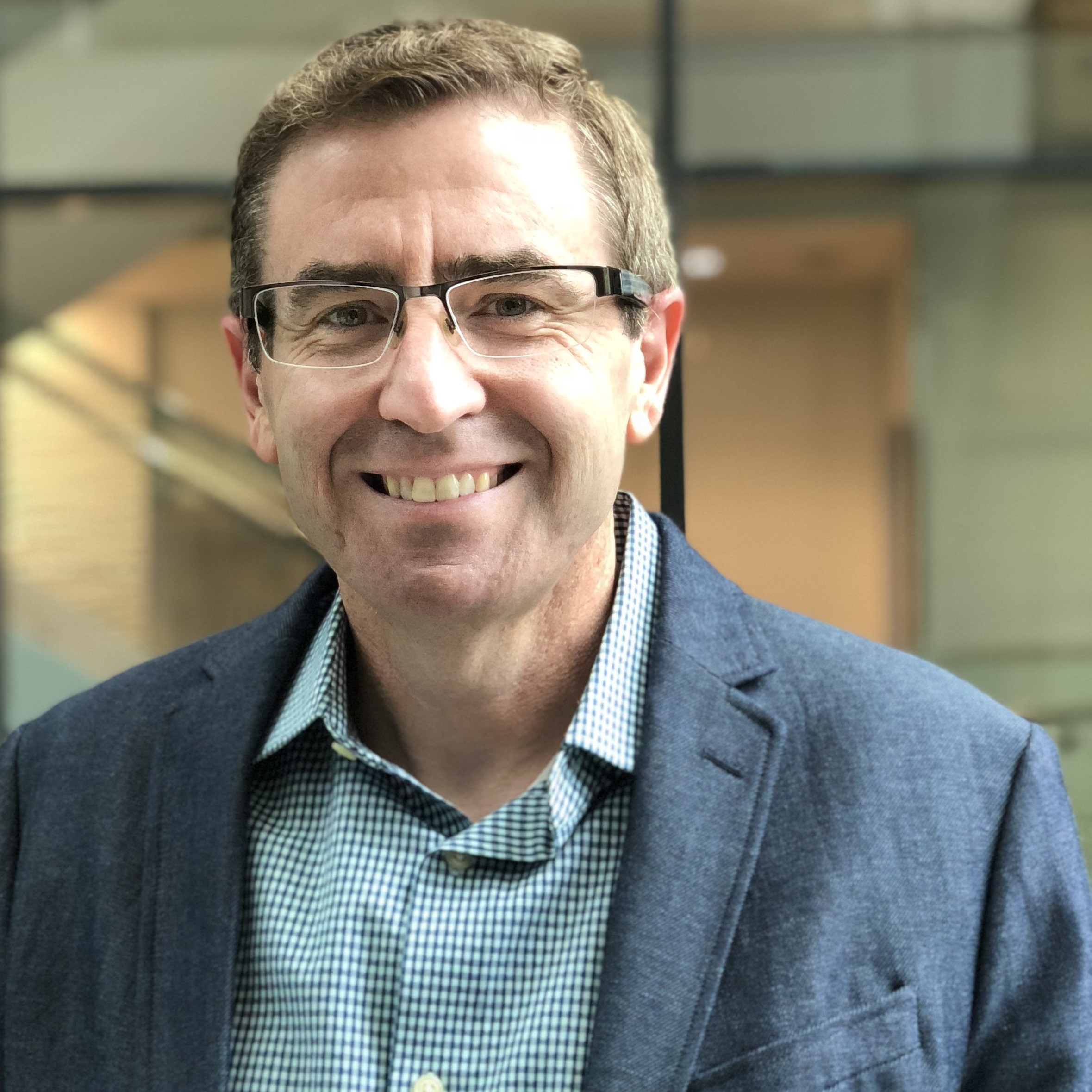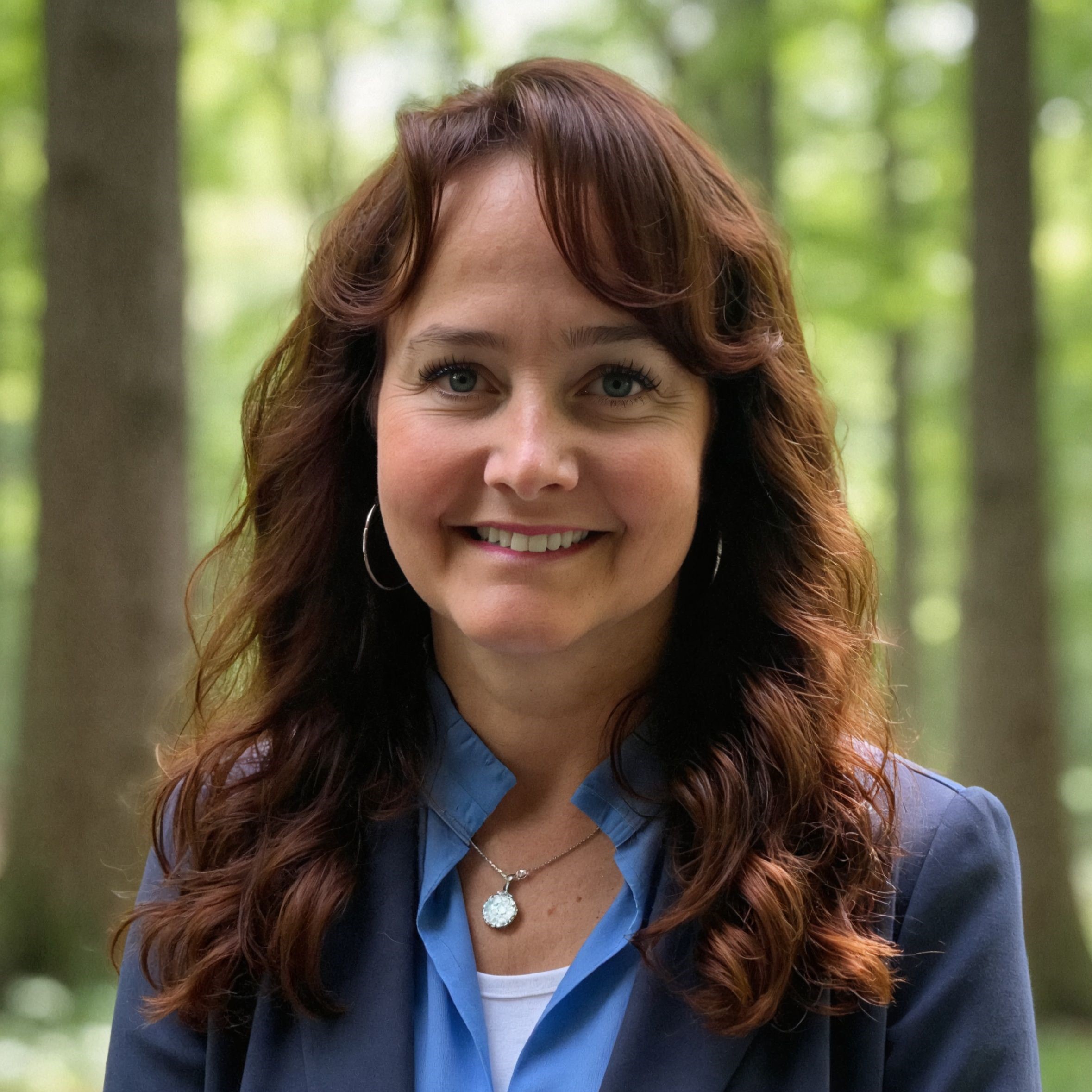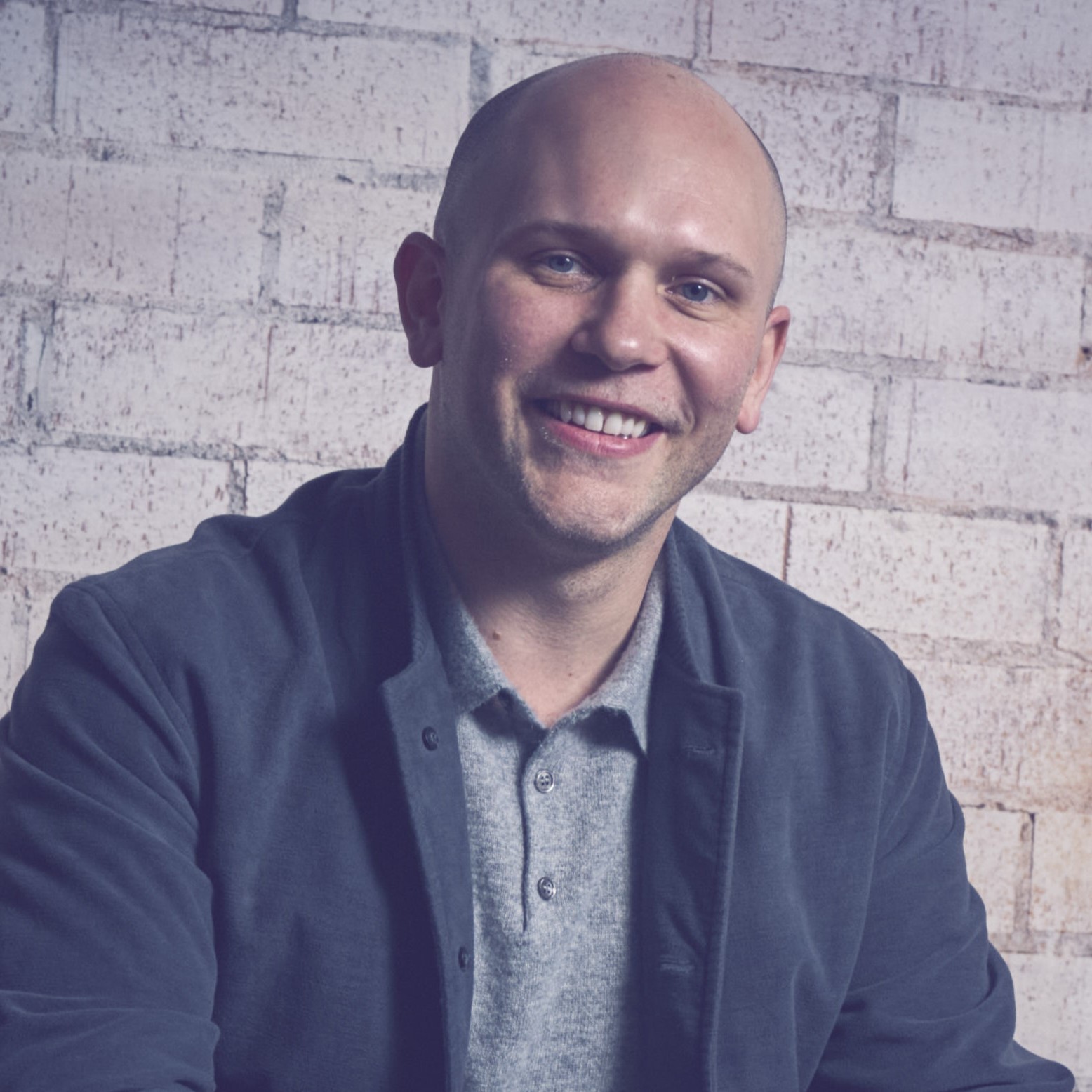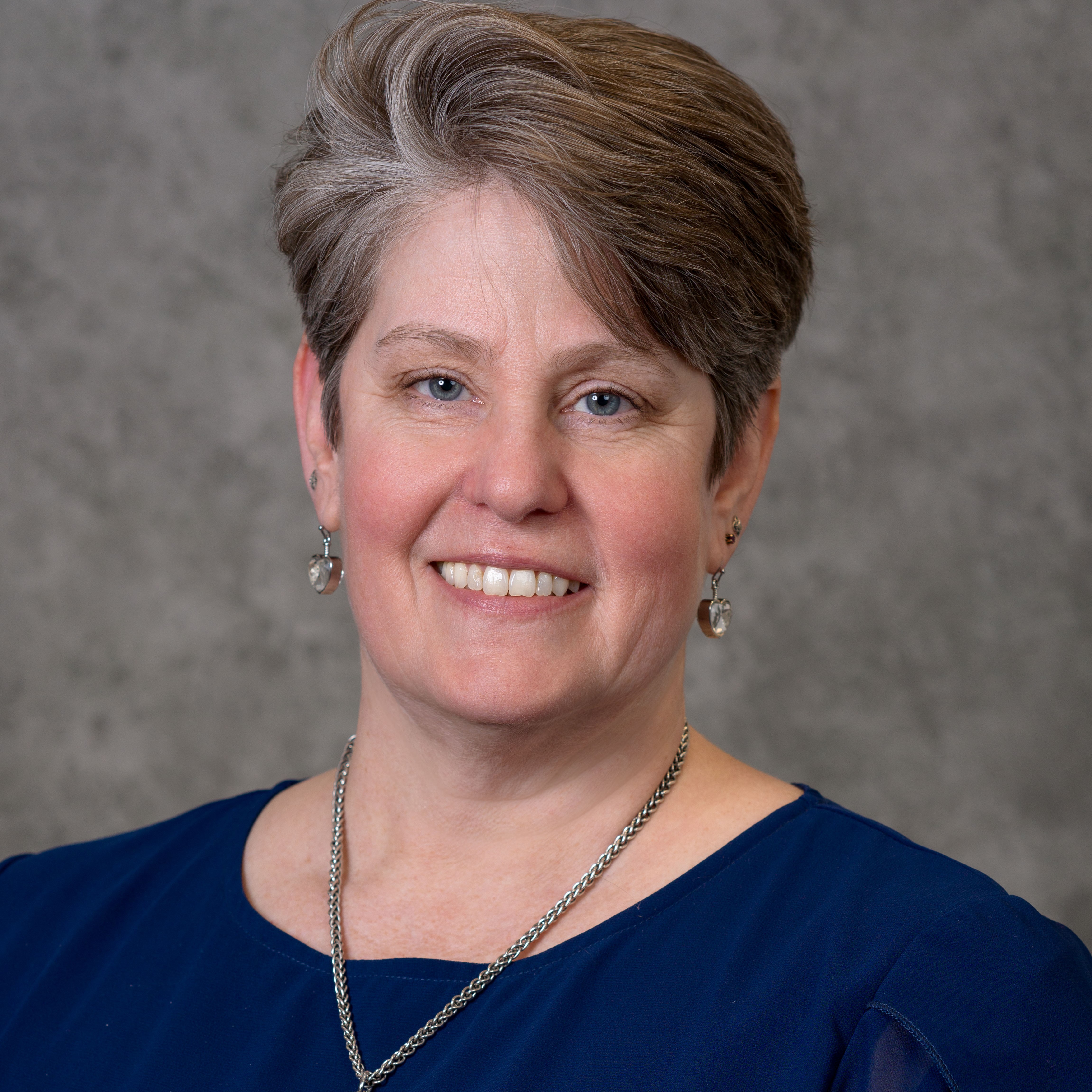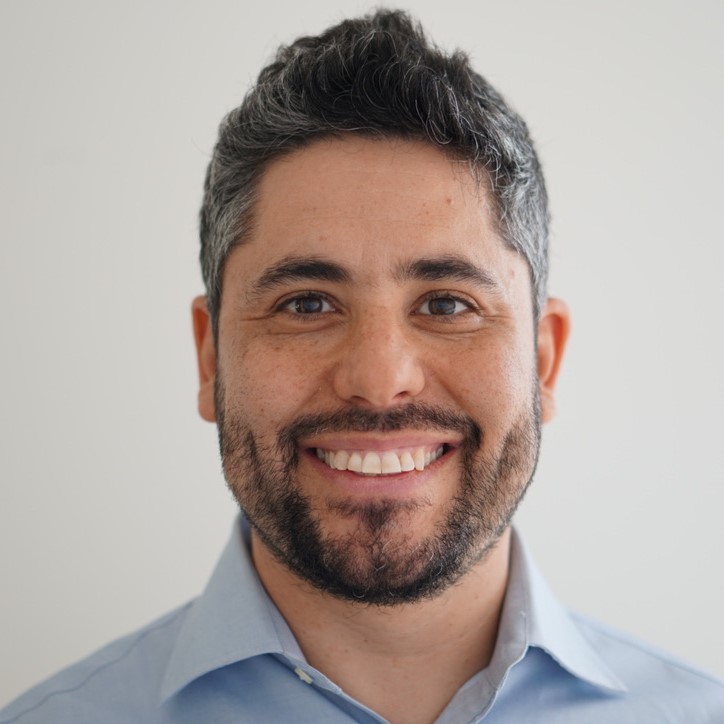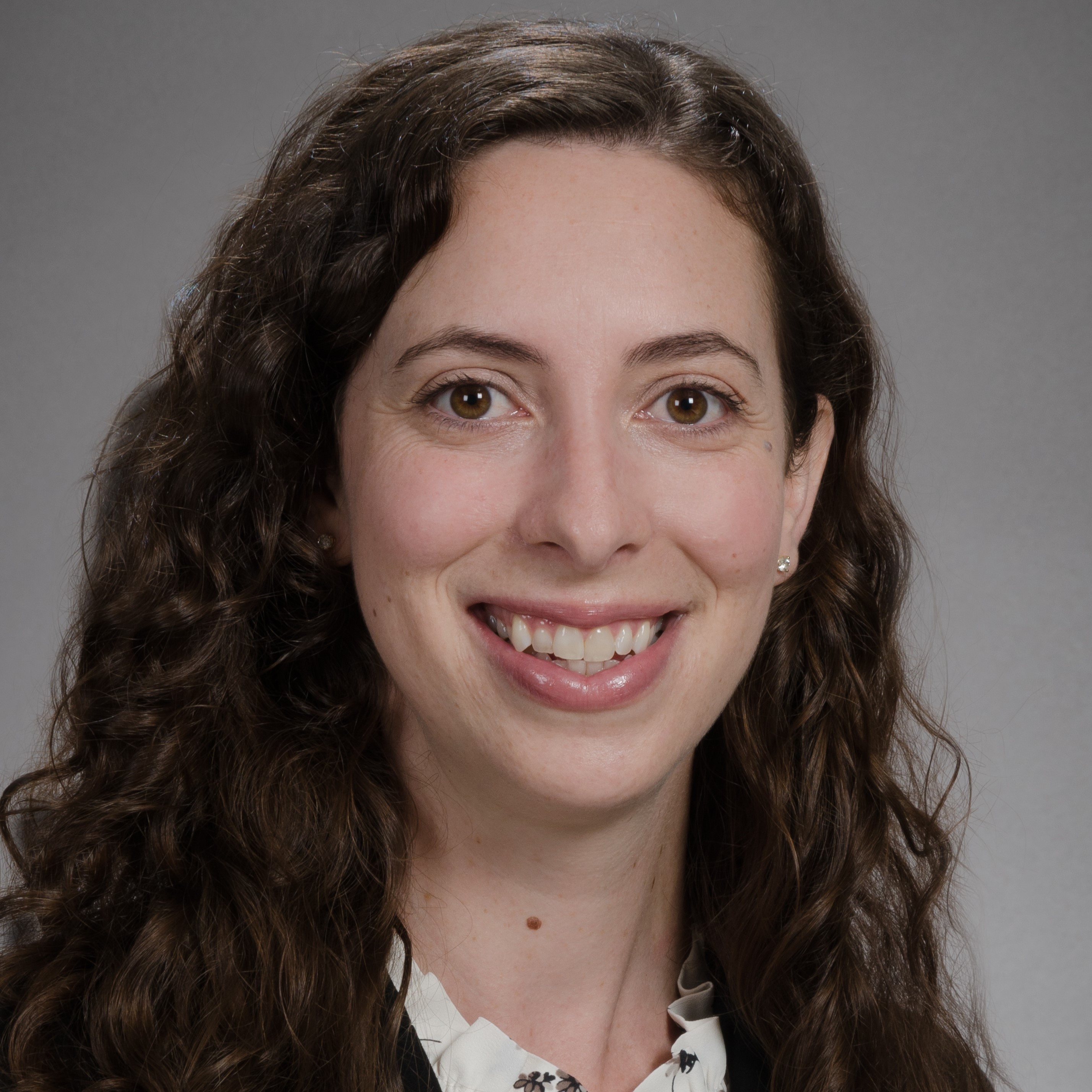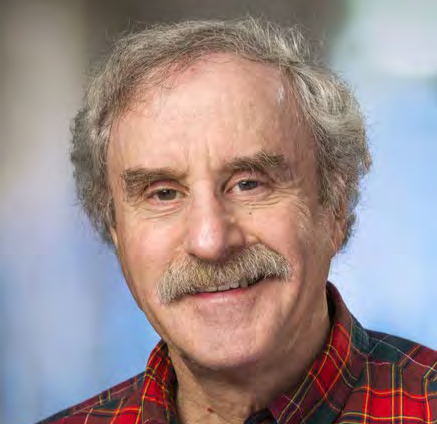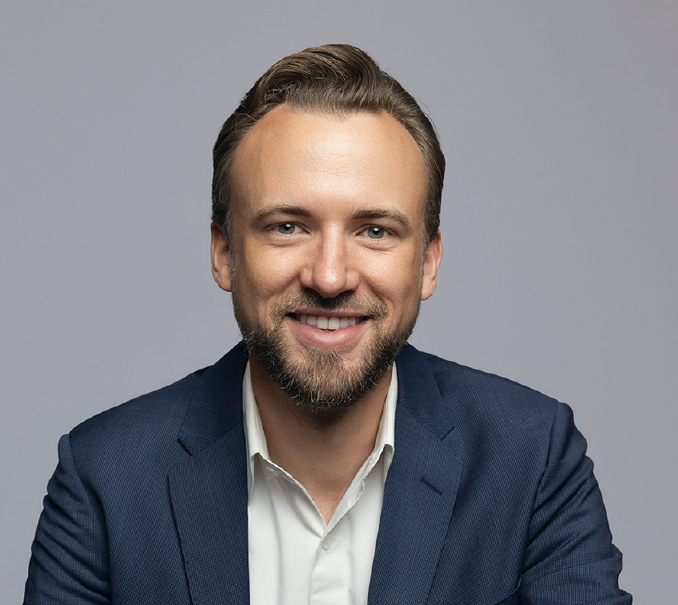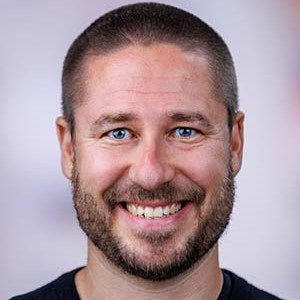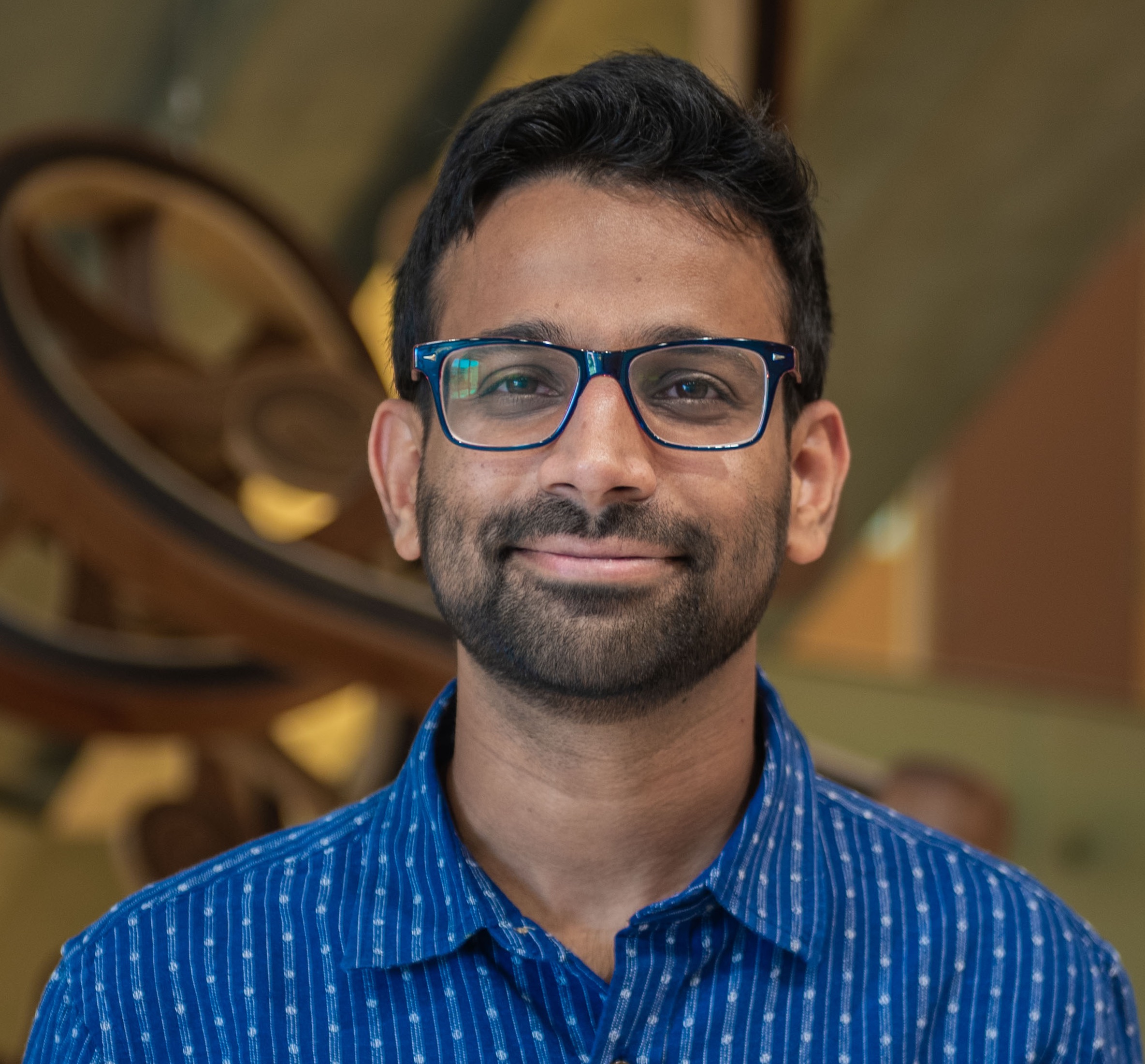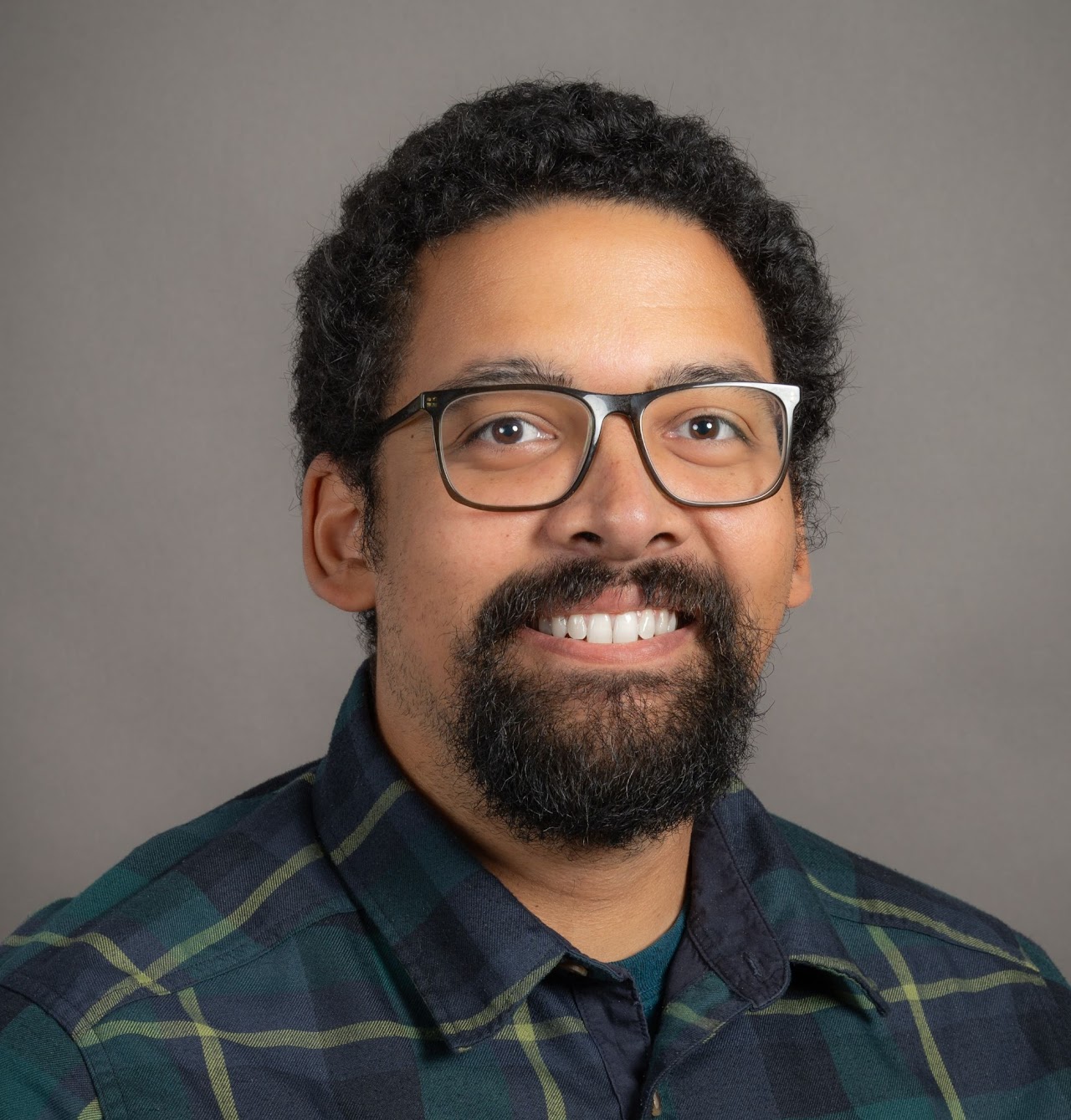Speakers
Speakers
Bio coming soon.
Bio coming soon.
Bio coming soon.
Bio coming soon.
Gavin is a seasoned biopharmaceutical executive and medicinal chemist, with over 30 years of experience in drug discovery across a range of therapeutic areas, including oncology, immunology, metabolic diseases, and anti-infectives. Gavin and his teams have successfully delivered multiple high-quality clinical candidates while leveraging his expertise in structure-based and fragment-based drug design to address complex drug discovery challenges. Gavin is the co-inventor of vaborbactam, an FDA-approved β-lactamase inhibitor used in combination with meropenem for the treatment of complicated urinary tract infections (cUTIs). Most recently, Gavin served as the Chief Scientific Officer at Atomwise, a pioneer in AI-based small-molecule drug discovery, where he oversaw the company's drug discovery portfolio of AI-driven oncology and immunology programs. Previously, as Interim Chief Scientific Officer and Senior Vice President of Chemistry at Turning Point Therapeutics, he advanced precision oncology programs, including, amongst others, KRAS (G12D/G12V) and p21-activated kinase (PAK) that culminated in Bristol Myers Squibb $4.1 billion acquisition of Turning Point in 2022. Earlier at J & J, Gavin led global small-molecule teams in autoimmune disease, progressing multiple clinical assets, including lorpucitinib (a GI-restricted pan-JAK inhibitor), into Phase II for familial adenomatous polyposis, a form of colorectal cancer. Additional career stops include Vice President of Discovery Research at Takeda, Global Head of Integrated Drug Discovery at Eurofins, Vice President of Medicinal Chemistry at Mpex, Senior Director of Medicinal Chemistry at SGX Pharmaceuticals, in addition to Medicinal Chemistry roles at GSK and AbbVie. Gavin currently serves as a board advisor to Intelligent Ventures, an emerging venture capital firm that invests in US-based seed-stage companies, operating within the intersection of AI and healthcare, Zafrens, a company leveraging high-throughput cellular profiling at single-cell resolution, and Promakhos, a company working on restoring immune system function. Gavin has authored more than 100 scientific publications, presentations, book chapters, patents, and patent applications, reflecting his deep commitment to advancing drug discovery and development.
Jerry is an Executive Director in the Discovery Network group at Pfizer, focusing on the search & assessment of emerging drug discovery technologies and other promising external opportunities. Prior to Pfizer he directed academic and biotech collaborations at Shire and evaluated external assets. He also coordinated the global Tuberculosis Drug Accelerator initiative with the Bill & Melinda Gates Foundation, advancing compounds from 17 pharma & research institutions. Earlier in his career Jerry directed medicinal chemistry and screening groups at Merck, Schering-Plough, and the biotech NeoGenesis. He earned a Ph.D. in Organic Chemistry from M.I.T. in the laboratory of Prof. Julius Rebek.
Tara Arvedson, Ph.D. is Chief Scientific Officer at Hexagon Bio, where she leads strategic direction and execution across the company’s drug discovery platform and therapeutic portfolio. She is an accomplished scientific leader with over two decades of experience in oncology, hematology, inflammation, and immunotherapy. Before joining Hexagon Bio, Tara held senior leadership roles at Amgen where she advanced bispecific T cell engager (BiTE®) therapies, chimeric antigen receptor (CAR) T-cell programs, and the KRAS G12C inhibitor Lumakras™, for which she earned the 2025 ACS Heroes of Chemistry Award. Tara earned her Ph.D. in Biochemistry from the California Institute of Technology and completed a Damon Runyon Cancer Research Fellowship at UC San Diego. She is an inventor on multiple patents, a widely published author, and a recognized thought leader in drug discovery and development.
Ken is the Founder and General Partner of Pack Ventures, a preferred venture partner of the University of Washington. At Pack, Ken and team have backed 10 platform focused life science companies (and counting), including multiple Institute for Protein Design spinouts at the preseed and seed level. Ken was previously a part of the M12 Team, Microsoft’s Venture Fund, and has been a VC for over a decade.
Jo McNeal has been the Executive Director for the Northwest Sarcoma Foundation for the past five years and has over 20 years of experience working in non-profit. She has worked with special events team at the University of Washington’s School of Medicine Advancement, community relations with Overlake Medical Center, mental health, and local blood cancer organizations, prior to joining the NWSF. Ms. McNeal has walked the path of a part-time caregiver for her mother while undergoing treatment for a rare cancer. She understands some of the struggles patients and their families face.
Dr. Block is CEO and co-founder of Histone Therapeutics, a Seattle-based genetic medicines company. Prior to Histone, he was SVP of Corporate Development at Notch Therapeutics, Director of Business Development at Astellas who had purchased his previous company, Universal Cells, where he was VP of Corporate Development. Dr. Block is a chromatin biologist by training at University of Toronto, Tulane University, and the University of Washington.
Dr. Stephanie Schaub is an Associate Professor of Radiation Oncology at the University of Washington and Fred Hutch Cancer Center. She specializes in treating patients with sarcomas, complex spine tumors, and pediatric cancers. Her expertise includes advanced radiation modalities like proton therapy, neutron therapy, and stereotactic body radiation therapy (SBRT). In her research, Dr. Schaub focuses on discovering non-invasive biomarkers, such as those found through imaging or blood samples, to help predict how a patient will respond to cancer treatment. She is also interested in clinical trial development. She is a leading expert in the management of chordomas of the mobile spine and sacrum at Fred Hutch and has contributed to international guidelines on treating these tumors. Dr. Schaub also serves as a physician expert and champion for the Chordoma Foundation and the Northwest Sarcoma Foundation.
A long-term goal of the Escobar Lab is to understand the mechanisms and functional consequences of chromatin dynamics in maintaining cellular identity. We are are merging chromatin dynamics, stem cells, and immune biology to study epigenetic inheritance. One interest is to examine how histone chaperones facilitate the inheritance of chromatin domains across DNA replication and in immune cell development.
Steve Henikoff received a BS from the University of Chicago, PhD from Harvard University and performed post-doctoral work at the University of Washington. He is a professor of Basic Sciences at the Fred Hutch, an HHMI investigator and an affiliate professor of Genome Sciences at the University of Washington. His laboratory performs research on chromatin and nuclear dynamics, transcriptional regulation, centromeres and cancer, and develops experimental and computational tools for studying these processes.
Avery Sonnenberg, PhD is a Principal at Two Bear Capital based at the firm’s headquarters in Whitefish, Montana. Avery focuses on technological advancements that can lead to transformative outcomes in therapeutics, diagnostics, life science tools and medical devices, particularly in oncology and neurodegeneration. Previously, he was part of the Life Science Innovation group at Becton Dickinson where he helped drive innovation and strategic growth in alignment with emerging market and technology trends. He maintains a relentless curiosity about the potential for impactful technology as well as a deep commitment to fostering meaningful relationships with portfolio company founders. Avery holds a PhD in Bioengineering from University of California, San Diego and an MS in Electrical Engineering from Rochester Institute of Technology.
Ben Blue is CEO and Co-Founder of Ora Biomedical, a Seattle biotech company using AI and robotics to accelerate drug discovery for aging and resilience. A Ph.D. biologist with expertise in aging, he has led Ora in developing molecules that protect human cells from UV radiation and other aging-related damage—work supported by the NIH, U.S. Air Force and U.S. Space Force. Ora’s proprietary WormBot platform enables rapid whole-organism drug screening, uncovering therapies for skin aging, cancer prevention, and immune resilience, while also powering preclinical discovery for biotech partners.
Jeff Leek is co-founder and c-CEO of Synthesize Bio. Synthesize Bio radically accelerates biomedical discovery and clinical research with novel generative AI models that predict the results of future or even impossible experiments. Jeff is also Chief Data Officer, Vice President, and J Orin Edson Foundation Chair of Biostatistics at the Fred Hutchinson Cancer Center. He has lead teams that created AI and data science programs that have enrolled more than 10 million people around the world, created open source software used by tens of thousands of labs, established the Cancer AI Alliance spanning more than 1 million patients, and built institution scale infrastructure for the Fred Hutch. He has been awarded the two top prizes in the field of statistics - the Mortimer Spiegelman Award and the Committees of Presidents of Statistical Societies President’s Award. He was also named to the 2025 Time 100 Most Influential people in AI. You can find out more about Jeff’s work at https://jtleek.com/.
Sudarshan Pinglay leads a research lab at the University of Washington, Department of Genome Sciences, the Brotman Baty Institute for Precision Medicine and Seattle Hub for Synthetic Biology. He received his PhD for research conducted in the labs of Jef Boeke and Liam Holt at NYU. The Pinglay Lab focuses on developing technologies at the intersection of mammalian genome engineering, synthetic genomics, single-cell sequencing and de novo design. With these tools, we aim to construct improved disease models, elucidate the mechanisms of gene regulation, probe the limits of genome structure and encode novel functionalities into mammalian cells for applications in biologics production, cell therapy and biological recording. He is from Bangalore, India and completed undergraduate degrees in molecular biology and philosophy at Johns Hopkins University.
Devin began his research career working for Dr. Charles Lovett at Williams College. He then pursued doctoral work with Dr. Scott Gerber at Dartmouth Medical School, followed by postdoctoral work with Dr. James Bruce (UW) and Dr. Steven Gygi (Harvard Medical School). Starting in 2020, Dr. Schweppe is currently an Assistant Professor at the University of Washington in the Department of Genome Sciences. Dr. Schweppe is a Pew Biomedical Scholar, an Andy Hill CARE Foundation Distinguished Researcher, and a Cancer Consortium New Investigator. Dr. Schweppe’s research interests focus on the the interplay of chemical, cell, and systems biology. Through the implementation of biologically-aware mass spectrometric technologies, Dr. Schweppe's group quantifies proteins as a readout for diverse cell states with broad interests spanning protein-ligand interactions, small-molecule binding events, pre-clinical proteomics, and profiling primary tissue samples. Complimenting the studies of biological systems, Dr. Schweppe's group develops computational tools for proteomics and applications to disseminate datasets to the research community. Tools include those for real-time instrument control (Nova, Helios, Orbiter) and large-scale databases (CysDB, XLinkDB, BioPlex, Oximouse, etc.).
… and more to be announced!
